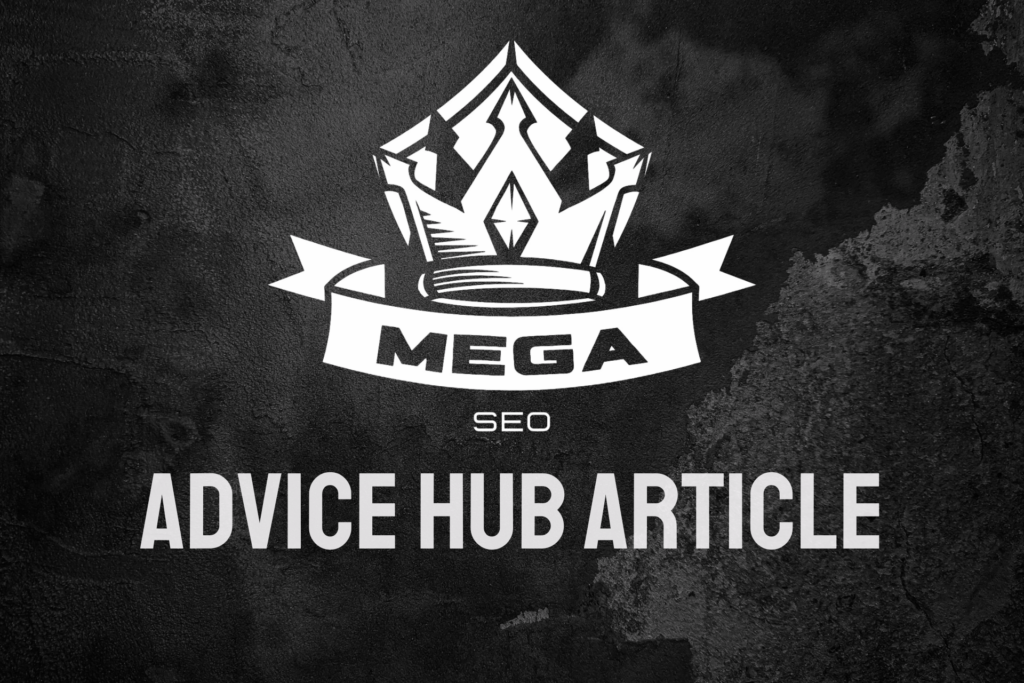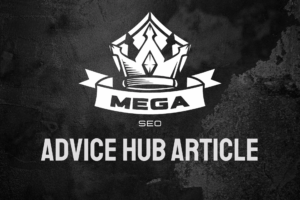While Google dominates the search engine market, optimising for Bing and other search engines presents valuable opportunities for businesses to capture additional traffic and reach new audiences. Understanding the unique ranking factors and preferences of different search engines allows you to create a comprehensive SEO strategy that maximises visibility across multiple platforms.
What Makes Bing Different from Google?
Bing’s algorithm emphasises certain ranking factors differently than Google. The Microsoft-owned search engine places greater weight on official domain extensions, exact-match keywords, and multimedia content. Understanding these distinctions helps create targeted optimisation strategies that work effectively across both platforms.
What Are Bing’s Key Ranking Factors?
Several elements influence how Bing ranks websites:
- Page Age and Domain Authority: Bing tends to favour established websites with longer histories, making consistent content updates and maintaining domain authority particularly important.
- Social Signals: Unlike Google, Bing openly acknowledges social media engagement as a ranking factor. Strong social media presence can positively impact your Bing rankings.
- Multimedia Content: Bing’s algorithm gives additional weight to pages containing various media types, including images, videos, and interactive elements.
- Technical Factors: Clean HTML, fast loading speeds, and mobile responsiveness remain essential for strong performance in Bing search results.
How Should You Optimise Your Website for Bing?
Implementing effective on-page SEO strategies specifically tailored for Bing requires attention to several key areas:
What Role Does Keyword Optimisation Play?
Bing responds well to straightforward keyword usage:
- Meta Descriptions: Write detailed meta descriptions using primary keywords naturally. Bing often displays longer meta descriptions than Google, allowing for more comprehensive previews.
- Title Tags: Include your main keyword near the beginning of title tags while maintaining readability and relevance.
- Header Tags: Structure content with clear H1, H2, and H3 tags, incorporating relevant keywords where appropriate.
- Content Length: Create comprehensive content that thoroughly covers topics, typically aiming for 1,500+ words for main pages.
How Important Is Technical Optimisation for Bing?
Strong technical SEO foundations support better rankings across all search engines:
- XML Sitemaps: Submit detailed XML sitemaps through Bing Webmaster Tools to ensure proper indexing of your content.
- Page Speed: Optimise loading times through image compression, browser caching, and minimal code.
- Mobile Optimisation: Ensure your website performs well on mobile devices, as Bing considers mobile-friendliness in rankings.
- URL Structure: Create clean, descriptive URLs that include relevant keywords where natural.
What About Other Search Engines?
Beyond Bing, several other search engines warrant attention:
How Do You Optimise for DuckDuckGo?
DuckDuckGo prioritises privacy and pulls data from various sources:
- Quality Backlinks: Focus on building high-quality off-page SEO signals through reputable backlinks.
- Clear Navigation: Implement straightforward site structure and navigation to help DuckDuckGo understand your content hierarchy.
- Privacy Compliance: Ensure your website respects user privacy and follows data protection guidelines.
What About Yahoo Search?
Yahoo Search, powered by Bing’s algorithm, requires similar optimisation approaches:
- Local Citations: Maintain consistent local SEO information across business directories.
- Content Quality: Produce original, informative content that provides value to users.
- Multimedia Integration: Include relevant images, videos, and other media formats to enhance content engagement.
How Can You Track Performance Across Multiple Search Engines?
Monitoring your success across different platforms requires comprehensive tracking:
- Analytics Integration: Set up tracking through multiple platforms including Google Analytics, Bing Webmaster Tools, and other search engine consoles.
- Ranking Monitoring: Track keyword rankings across different search engines to identify opportunities and challenges.
- User Behaviour Analysis: Study how visitors from different search engines interact with your site to optimise their experience.
Partner with SEO Experts for Multi-Platform Success
Optimising for multiple search engines requires detailed knowledge and consistent effort. Our team of SEO specialists based in Wigan possesses extensive experience in creating and implementing comprehensive search engine optimisation strategies that work effectively across all major platforms.
We understand the nuances of different search engines and can help you develop a balanced approach that maximises visibility while maintaining efficiency. Whether you need help with technical optimisation, content strategy, or comprehensive SEO services, we’re here to support your success.
Ready to expand your search engine presence beyond Google? Contact us to discuss how we can help you capture more traffic and reach new audiences across multiple search platforms.




